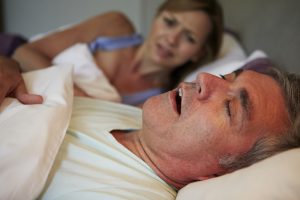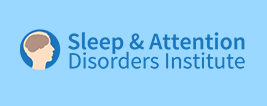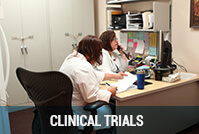Sleep Apnea Hurts Hearts
Sleep Apnea Hurts Hearts

According to the National Healthy Sleep Awareness Project (full disclosure: I am the Chair of the Public Communication Workgroup, but this blog is my personal work and is not written in an official capacity), sleep apnea hurts hearts.
H = heart attacks
E= elevated blood pressure
A = atrial fibrillation (A-fib)
R = resistant hypertension
T = type 2 diabetes
S = strokes.
Moderate to severe obstructive sleep apnea causes an increase in the risk of heart attacks, strokes, and sudden death. It increased blood pressure and can cause irregular heart beat and, especially, atrial fibrillation. It causes insulin resistance and worsens blood sugar control in type 2 diabetes.
Even mild sleep apnea can make you sleepy during the day, and can impair memory and concentration. Sleep apnea can also impair sexual function.
Symptoms and signs of sleep apnea
Symptoms of sleep apnea include loud snoring, breathing pauses in sleep, being tired or sleepy during the day, and high blood pressure. Signs suggesting sleep apnea include obesity, large neck, and it is more common in men and in people older than 50 years of age.
It is easy to treat with Positive Airway Pressure devices (CPAP and similar devices). Although nationally only about 60% of patients put on CPAP use it regularly, we have published a paper showing 90% of our patients use it regularly. We work hard to help them get used to and benefit from CPAP.
You should be particularly concerned about the possibility of sleep apnea if you or your loved one has one of the following conditions:
1. Congestive heart Failure
2. Atrial fibrillation
3. Treatment resistant high blood pressure
4. Impaired glucose tolerance or type 2 diabetes
5. Irregular heart beat at night
6. Stroke
7. Pulmonary hypertension
8. Coronary artery disease
9. Preoperative for bariatric surgery.
If you have symptoms and signs of sleep apnea, see a board certified Sleep Medicine specialist at an AASM accredited sleep disorders center.









